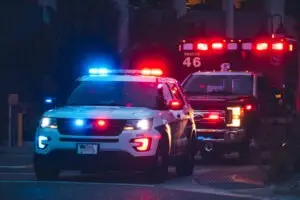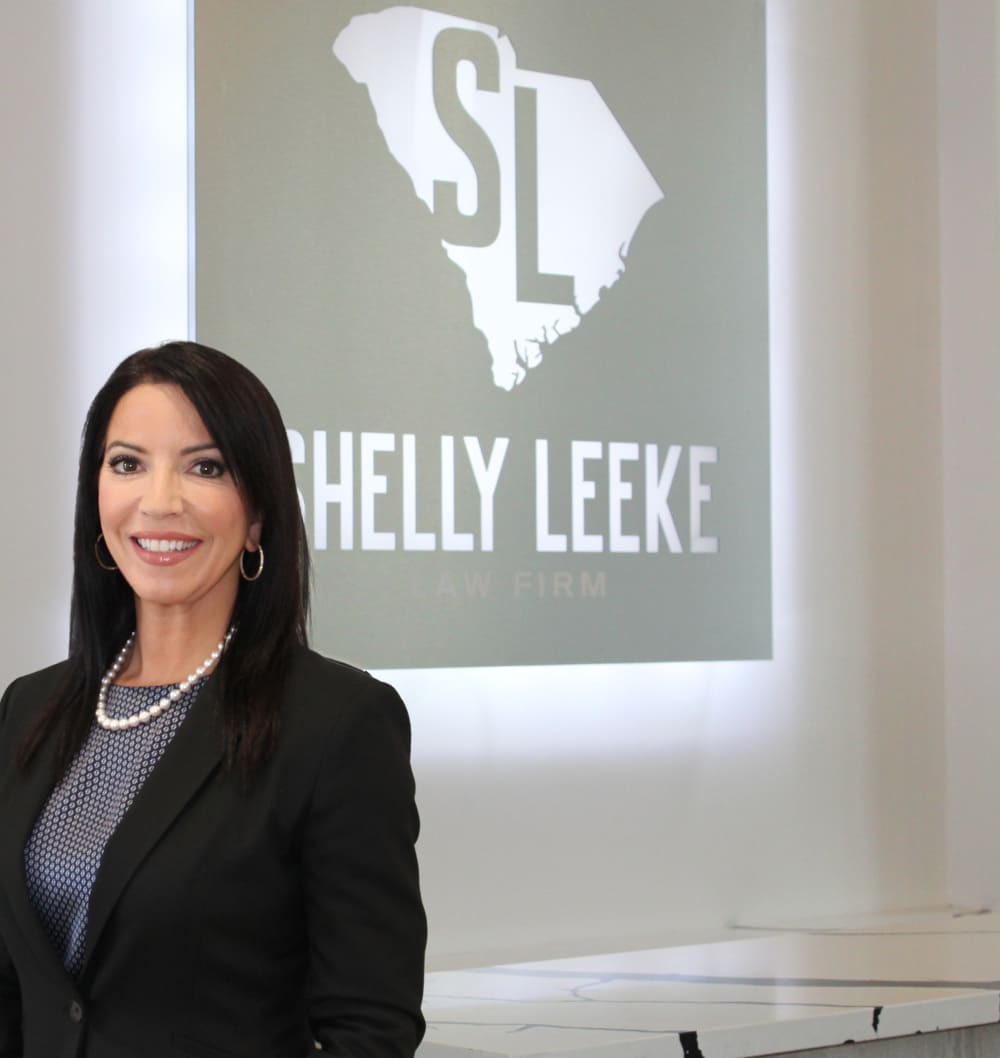
Accidents involving emergency vehicles can leave innocent motorists facing severe consequences. Even if emergency personnel acted negligently, complex legal issues arise around liability, fault, and seeking proper restitution. Navigating these situations requires in-depth knowledge of applicable laws and a strategic approach.
In South Carolina, determining responsibility and legal recourse in crashes with emergency responders involves examining immunity statutes, comparative negligence doctrines, and options to recover damages.
Working with a North Charleston car accident lawyer can help point you in the right direction and help you determine the proper steps to take. With greater understanding, you can make informed decisions to exercise your rights and seek fair treatment under the law.
What to Do if You’re Injured by an Emergency Vehicle or Police Car
If you have been injured in an accident involving an emergency vehicle, the first step is to seek medical attention right away. Document your injuries and keep records of all medical treatment you receive. You may also consider taking photos of any visible injuries from the accident if possible, as this is the type of proof you need.
Even if your injuries seem minor at first, you should still get examined by a doctor to identify any underlying issues. Getting prompt medical care can help prevent further injury or health complications down the line. As soon as possible after the accident, write down your recollection of what happened while your memory is still fresh.
If you plan to file an injury claim or lawsuit, be sure to follow all required procedures and deadlines. An experienced personal injury lawyer in South Carolina can help guide you through the often complex legal process. During this process, refrain from posting details about the incident on social media, as this information could potentially be used against you.

How Fault May Be Determined
In South Carolina, determining fault in accidents with emergency vehicles considers both parties’ actions leading up to and during the crash. Police thoroughly investigate causes by examining the vehicles, operators, and all related circumstances. Establishing negligence requires analyzing each driver’s decisions and conduct.
Though emergency personnel have some legal exceptions, they must still act with reasonable regard for safety. If their actions were careless or reckless, they may bear partial or full responsibility. As a motorist, you must yield to emergency vehicles when possible, so your role will be probed, too.
If any driver was impaired, speeding without justification, or blatantly disobeying traffic laws, they would likely be deemed principally at fault. However, shared negligence is possible, based on South Carolina’s comparative fault doctrines. In complex cases, thorough investigation by qualified experts can help properly interpret evidence and apply legal standards around fault.
Understanding Immunities Given to Emergency Responders
Emergency personnel in South Carolina have qualified immunity from certain regulations to enable urgent public services. However, this special exemption is conditional when operating vehicles. They must still follow basic traffic rules and exercise reasonable diligence. Reckless disregard for safety protocols can void legal protections.
For police officers specifically, immunity does not automatically apply during vehicle pursuits either. Factors like the nature of the crime, population density, weather, and traffic are weighed. Collisions stemming directly from negligent vehicular operations would likely override immunity claims.
Other first responders transporting victims enjoy fewer allowances, too, if driving unsafely. While having patients onboard links to their immunity, operating rules made to enable prudent transport still apply. Any clear failures to implement transport safely could impose liability.

Rights as an Ordinary Driver When Approached by Emergency Vehicles
As an everyday motorist in South Carolina, you must yield the right-of-way when emergency vehicles approach by safely pulling to the curb or shoulder. However, emergency personnel cannot assume full possession of roadways during responses. They must still reasonably account for civilian vehicles lawfully present.
While emergency vehicles have some mobility advantages, such as exemptions for speed limits or traffic signals, this is conditional. Sirens and flashing lights are required for those allowances, alerting surrounding traffic. Even when responding to emergencies, reckless maneuvers that endanger motorists can override immunity.
If you sustained injuries in a collision due to the negligent operation of an emergency vehicle, you likely have valid grounds to pursue legal action. Damages may be sought for both vehicle harm and any resulting medical care, lost income from injuries, or other accident-related expenditures. An experienced personal injury lawyer can advise if legal recourse is feasible based on case specifics and help assemble supporting evidence. Thorough investigation and documentation create the strongest case for possible compensation.

Who May Be Responsible for Paying for Injuries
If an emergency vehicle driver acted negligently and caused a crash, their employing government entity usually bears responsibility. Damages like medical bills, lost wages from injuries, and vehicle repair costs may be owed. Government bodies often have insurance plans to handle legal payouts up to set limits.
In some cases, individual emergency personnel can also incur personal liability civilly or criminally. Reckless disregard of safety procedures could bypass immunity shields, granting legal defenses. However, most compensation pursued civilly targets their public employer’s deeper resources.
Other liable parties may emerge during investigations as well, so this is something to be mindful of as you go through your case. Shared fault with civilian drivers is possible if comparative negligence tenets apply. Additional individuals like vehicle manufacturers or maintenance providers could have liability for equipment defects enabling accidents, so it is important to make sure you explore this with your attorney.
Work with a North Charleston Car Accident Attorney
Dealing with the aftermath of crashes with emergency vehicles can be highly stressful. Beyond physical recovery, legal navigation is vital yet complex when seeking fair accountability and compensation. Understanding your rights and options under South Carolina laws can help you make informed choices.
Partnering with an experienced personal injury lawyer can simplify the process when pursuing damage claims. They determine viable recourse, assemble evidence, file paperwork, and represent your best interest in negotiations or court. Call our team at Shelly Leeke Law to start with a free consultation to see what the most efficient next step may be for your specific situation.







